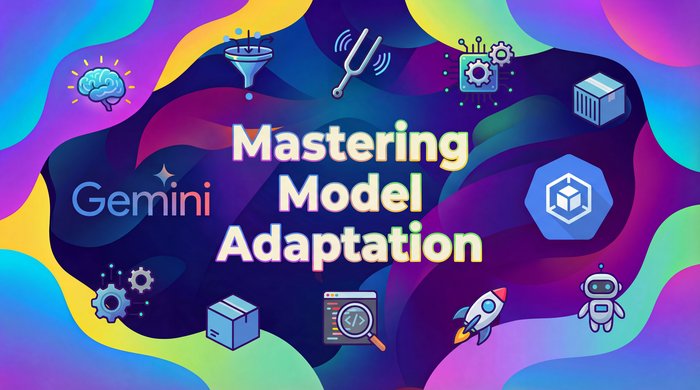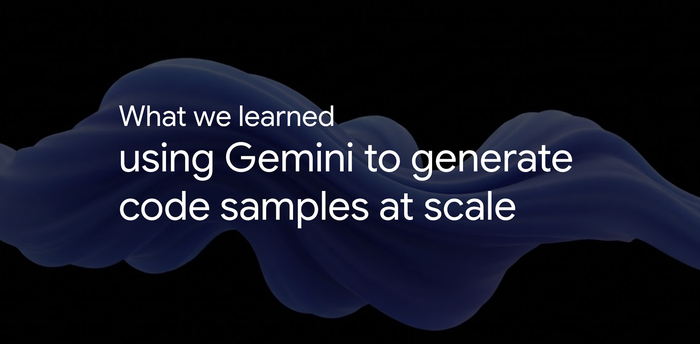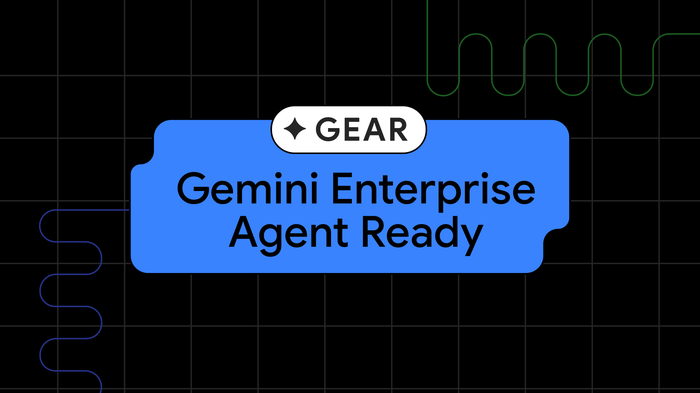Building with Looker made easier with the Extension Framework
Tochi Nwachukwu
Product Manager
Bryn Ryans
Staff Software Engineer
Our goal is to continue to improve our platform functionalities, and find new ways to empower Looker developers to build data experiences much faster and at a lower upfront cost.
We’ve heard the developer community feedback and we’re excited to have announced the general availability of the Looker Extension Framework.
The Extension Framework is a fully hosted development platform that enables developers to build any data-powered application, workflow or tool right in Looker. By eliminating the need to spin up and host infrastructure, the Extension Framework lets developers focus on building great experiences for their users. Traditionally, customers and partners who build custom applications with Looker, have to assemble an entire development infrastructure before they can proceed with implementation. For instance, they might need to stand up both a back end and front end and then implement services for hosting and authorization. This leads to additional time and cost spent.
The Extension Framework eliminates all development inefficiency and helps significantly reduce friction in the setup and development process, so developers can focus on starting development right away. Looker developers would no longer need DevOps or infrastructure to host their data applications and these applications (when built on the Extension Framework), can take full advantage of the power of Looker. To enable these efficiencies, the Looker Extension Framework includes a streamlined way to leverage the Looker APIs and SDKs, UI components for building the visual experience, as well as authentication, permission management and application access control.


Content created via the Extension Framework can be built as a full-screen experience or embedded into an external website or application. We will soon be adding functionality to allow for the embedding of extensions inside Looker (as a custom tile you plug into your dashboard, for example). Through our Public Preview period we have already seen over 150+ extensions deployed to production users, with an additional 200+ extensions currently in development. These extensions include solutions like: enhanced navigation tools, customized navigation and modified reporting applications, to name a few.
Extension Framework Feature Breakdown
The Looker Extension Framework includes the following features:
The Looker Extension SDK, which provides functions for Looker public API access and for interacting within the Looker environment.
Looker components, a library of pre-built React UI components you can use in your extensions.
The Embed SDK, a library you can use to embed dashboards, Looks, and Explores in your extension.
The create-looker-extension utility, an extension starter kit that includes all the necessary extension files and dependencies.
Our Looker extension framework examples repo, with templates and sample extensions to assist you in getting started quickly.
The ability to access third-party API endpoints and add third-party data to your extension in building enhanced data experiences (e.g. Google Maps API).
The ability to create full-screen extensions within Looker. Full-screen extensions can be used for internal or external platform applications.
The ability to configure an access key for your extension so that users must enter a key to run the extension.
Next Steps
If you haven’t yet tried the Looker Extension Framework, we think you’ll find it to be a major upgrade to your data app development experience. Over the next few months, we will continue to make enhancements to the Extension Framework with the goal of significantly reducing the amount of code required, and eventually empowering our developers with a low-code, no-code framework.
Comprehensive details and examples that help you get started in developing with the Extension Framework are now available here. We hope that these new capabilities inspire your creativity and we’re super excited to see what you build with the Extension Framework!



